David Salisbury
-
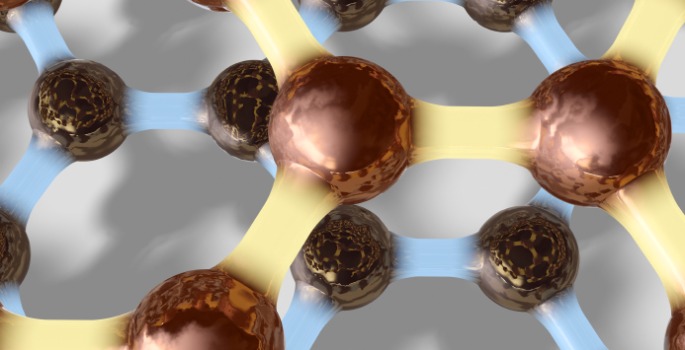
Barrier to faster graphene devices identified and suppressed
Vanderbilt physicists report that they have nailed down the source of the interference inhibiting the rapid flow of electrons through graphene-based devices and found a way to suppress it. Read MoreMar 13, 2012
-

Calling all would-be documentarians
Documentarians Michael Moore and Ken Burns at work Calling all would-be Ken Burns and Michael Moores on campus: The Task Force on American Innovation (TFAI) is challenging students to create three-minute videos that celebrate American innovation. The basic instructions from TFAI are: “The… Read MoreMar 7, 2012
-
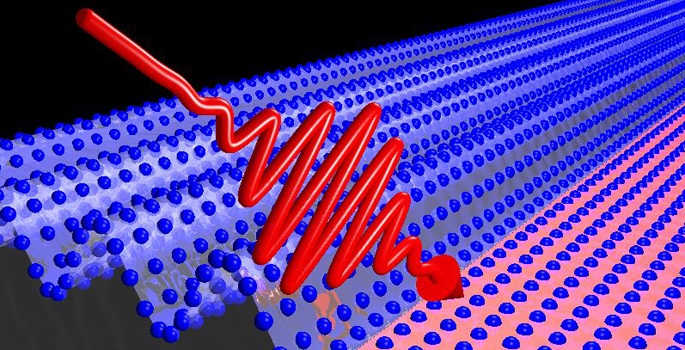
Ultrafast sonograms shed new light on rapid phase transitions
A method for taking ultrafast "sonograms" of materials undergoing phase transitions sheds new light on the dynamics of this important phenomenon in the world’s fastest phase-change material. Read MoreMar 7, 2012
-
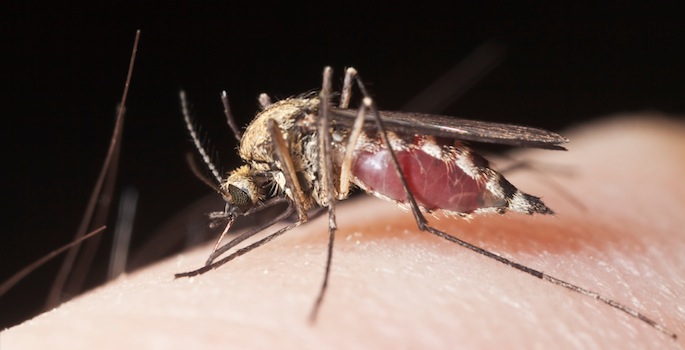
Science Nation: New mosquito repellant could be frightening…for mosquitoes
http://www.nsf.gov/news/special_reports/science_nation/nosingoutmosquitoes.jsp Read MoreMar 6, 2012
-

App turns tablet into math aid for visually impaired students
A mechanical engineering graduate student has created an app that turns Android tablets into an educational aid for teaching mathematics to visually impaired students. Read MoreMar 5, 2012
-
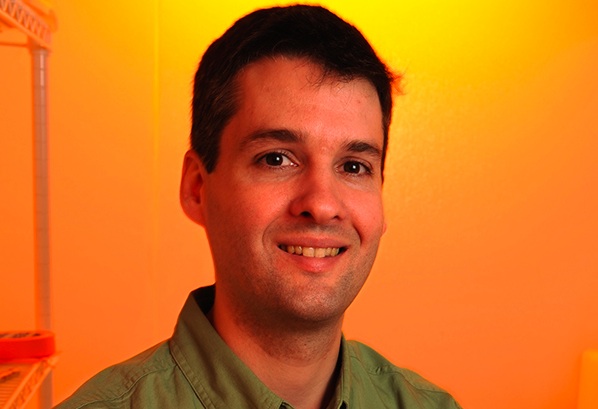
Vanderbilt biologist recognized by entomology society
Julian Hillyer is the 2012 recipient of one of the Entomological Society of America’s annual recognition award. Read MoreFeb 27, 2012
-
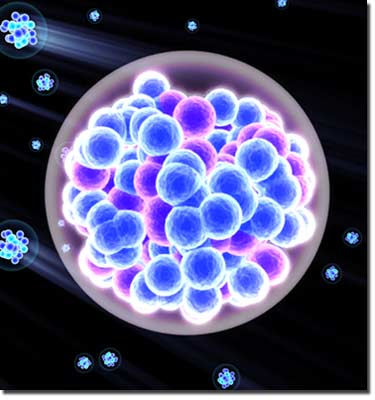
Adding to the periodic table
Nuclear physicist Joseph Hamilton (Daniel Dubois / Vanderbilt) The year has gotten off to a good start for modern-day alchemists like Vanderbilt physicists Joe Hamilton and A.V. Ramayya who are engaged in the extremely challenging scientific endeavor of extending the periodic table by creating new… Read MoreFeb 7, 2012
-
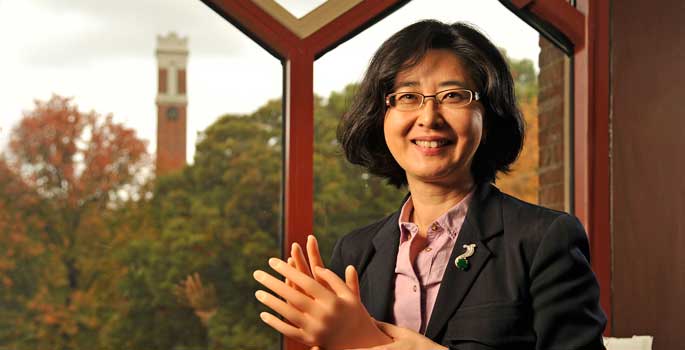
Beautiful Minds
Sohee Park’s research explores the impaired and enhanced abilities of the schizophrenic brain Sohee Park (John Russell/Vanderbilt) The “rubber hand illusion” is not a new scientific method, but Sohee Park has used it to make some groundbreaking discoveries about schizophrenia. RHI, which was discovered in 1998, is… Read MoreFeb 1, 2012
-

Discovery of the smallest exoplanets: The Barnard’s star connection
The smallest exoplanets yet discovered orbit a dwarf star almost identical to Barnard’s star, one of the Sun’s nearest neighbors. The similarity helped the astronomers calculate the size of the distant planets. Read MoreJan 11, 2012
-
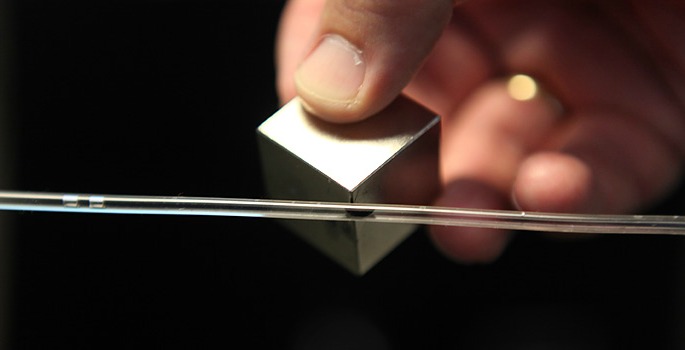
“Extractionator” could bring high-tech medical diagnostics to rural areas
The Bill and Melinda Gates Foundation has given them $1 million to three Vanderbilt scientists to develop a point-of-care sample collection and preparation product that could bring advanced medical diagnostic testing to the third world. Read MoreDec 16, 2011
-
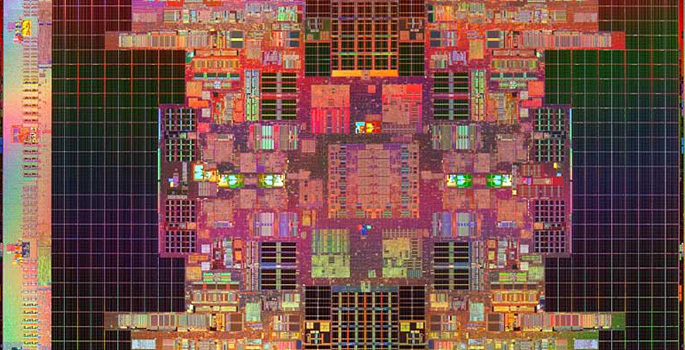
New method for enhancing thermal conductivity could cool computer chips, lasers and other devices
Vanderbilt engineers have discovered a surprising new way to increase a material’s thermal conductivity that provides a new tool for managing thermal effects in computers, lasers and a number of other powered devices. Read MoreDec 14, 2011
-
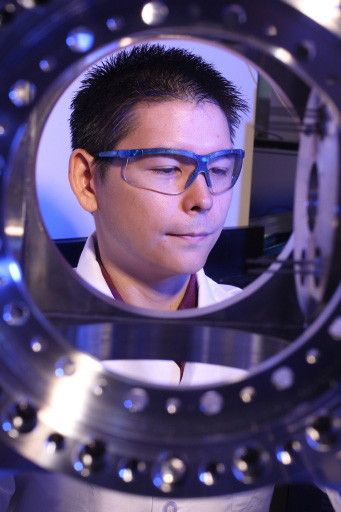
Pushing lipids into the limelight
Photo of post doctoral researcher Michal Kliman that ran on the cover of Chemical & Engineering News magazine in October. (Steve Green / Vanderbilt) In the world of molecular biology, lipids haven’t gotten as much respect or attention as nucleic acids and proteins even though they play… Read MoreDec 6, 2011
-

Failure to find ‘God particle’ hints at fundamentally new physics
Vanderbilt's virtual control room for the CMS detector that allows scientists and students to participate in meetings, monitor the experiment and analyze the data that it produces (John Russell / Vanderbilt University) After the most complete search yet, the world’s largest atom smasher, the… Read MoreNov 21, 2011
-
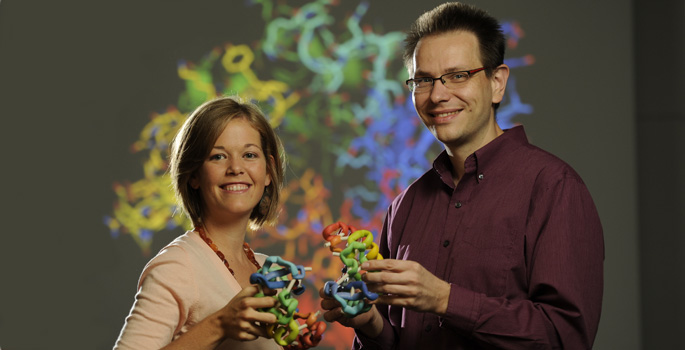
Creation of the largest human-designed protein boosts protein engineering efforts
A team of Vanderbilt chemists have designed and successfully synthesized the largest artificial protein using a new approach that greatly expands scientists’ ability to create proteins unknown in nature. Read MoreNov 15, 2011
-
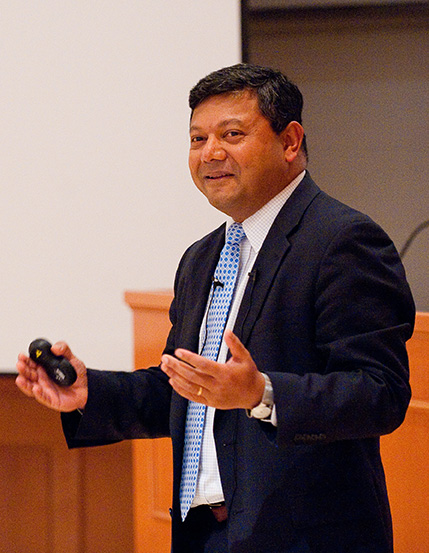
Seeking game-changing energy technologies
Arun Majumdar is the first director of the Department of Energy's ARPA-E (Zach Goodyear / Vanderbilt University) “Gentlemen, we have run out of money. It’s time to start thinking.” This quote, attributed to the New Zealand physicist Ernest Rutherford, summarizes the main point of the presentation that… Read MoreNov 11, 2011
-

Vanderbilt and University of Melbourne fund $344,000 in joint research projects
Vanderbilt University and Australia’s University of Melbourne have awarded $344,000 to support eight joint research projects as part of the expansion in their academic partnership announced last fall. Read MoreNov 9, 2011
-
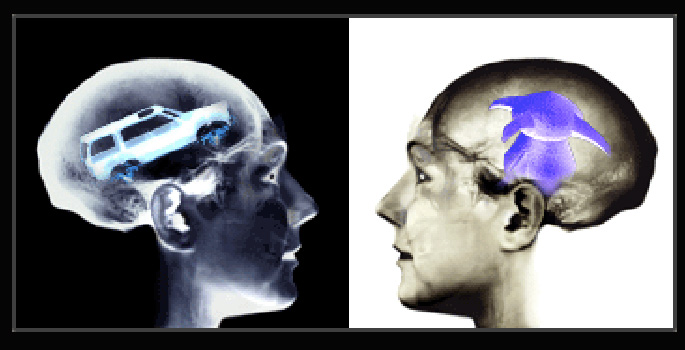
NSF renews grant for scientists who study how the brain acquires visual expertise
A network of scientists who study how the brain acquires visual expertise has received a five-year renewal of support from the National Science Foundation. Read MoreNov 3, 2011
-

Putting the body back into the mind of schizophrenia
A study using a procedure called the rubber hand illusion has found striking new evidence that people experiencing schizophrenia have a weakened sense of body ownership and has produced the first case of a spontaneous, out-of-body experience in the laboratory. Read MoreOct 31, 2011
-
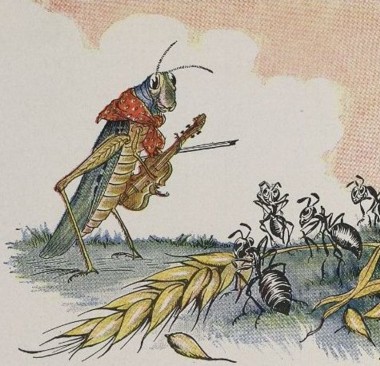
Scientists: engage the public or perish
While listening to a physics colloquium titled “Science: What the Public is Thinking, What Congress is Doing, How You Can Contribute” delivered by Michael S. Lubell, professor of physics at the City College of New York and director of public affairs for the American Physical Society (APS), I couldn’t… Read MoreOct 26, 2011
-
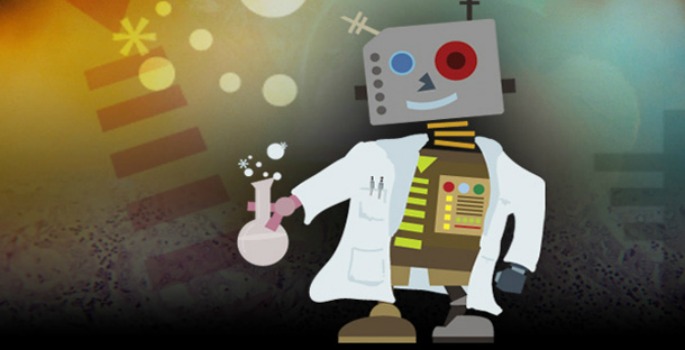
Robot biologist solves complex problem from scratch
A team of scientists has taken a major step toward developing robot biologists. They have shown that their system, the Automated Biology Explorer, can solve a complicated biology problem from scratch. Read MoreOct 13, 2011